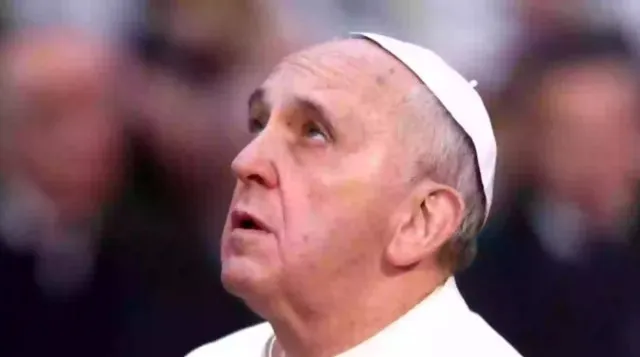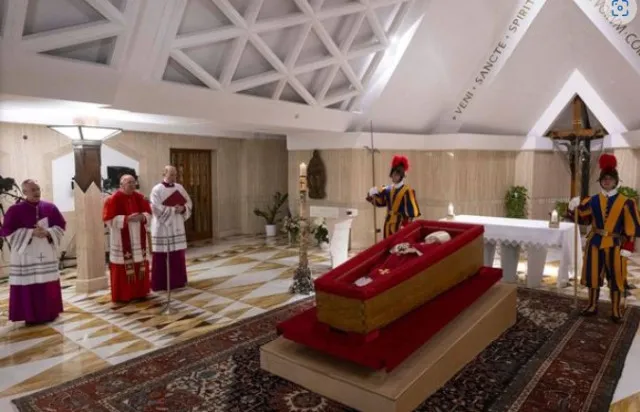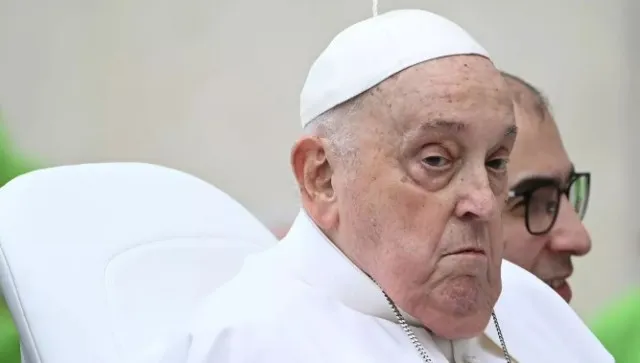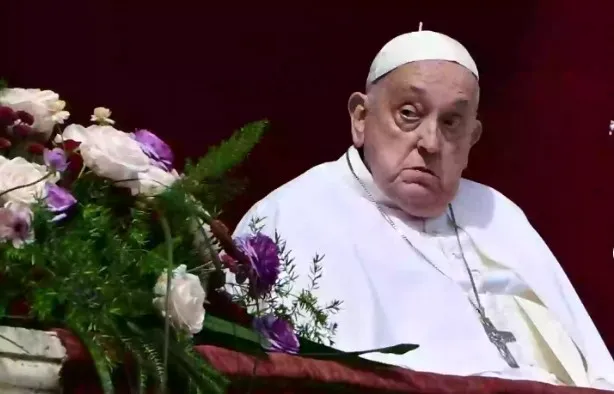A centuries‑old prophecy warns Pope Francis may be the final pontiff, prompting renewed debate about the Church’s ultimate destiny.
There is an intriguing prophecy that suggests Pope Francis may be the last pope in history.
This claim raises questions about its validity and the future of the Catholic Church.
Recently, Pope Francis passed away at the age of 88, leading to discussions about who will lead the Church next.

The passing of Pope Francis and its impact
On April 21, the Vatican confirmed the death of Pope Francis.
Cardinal Kevin Farrell, the Camerlengo, announced his passing with deep sorrow.
The announcement marked a significant moment for the Catholic community, as Francis was a well-known figure both in the Church and around the world.
With his death, many are wondering who will be the next pope.
Eight cardinals have emerged as potential candidates for the papacy.
However, speculation is overshadowed by a prophecy claiming there may be no successor at all.

Prophecy suggests Pope Francis may be the last Pope in a chilling forecast of the future
The prophecy is called the “Prophecy of the Popes.” A Benedictine monk, Arnold de Wyon, first published it in 1590.
The prophecy is attributed to Saint Malachy, a 12th‑century Irish archbishop.
The document lists 112 brief Latin mottos, starting with Pope Celestine II, each supposedly forecasting a future pope’s identity.
According to the prophecy, Pope Francis is considered the 112th pope.

This raises alarm because it suggests he could be the final pope in history.
The document contains a cryptic prediction stating, “In the final persecution of the Holy Roman Church there will reign Peter the Roman, who will feed his flock amid many tribulations, after which the seven-hilled city will be destroyed and the dreadful Judge will judge the people. The End.”
The connection to Pope Francis
Interestingly, Pope Francis chose his name to honor St. Francis of Assisi.
“Francis” links to “Peter” because St. Francis’s father was named Pietro—the Italian form of Peter.
This connection adds another layer to the prophecy, leading some to believe it may indeed hold truth.
The prophecy ends ominously, foretelling Rome’s destruction and humanity’s impending judgment.
This has led many to speculate about the end times and the future of the Catholic Church.

Many scholars doubt the prophecy’s accuracy.
Despite the intriguing claims of the prophecy, many scholars and theologians approach it with skepticism.
The Catholic Church has not taken an official stance on the document, and many experts believe it to be a hoax.
James Weiss, a Boston College church historian, argues the prophecy’s author crafted it to boost one cardinal’s chances, not predict events.
Another scholar dismissed the prophecy as “nonsense,” suggesting that it lacks credible evidence.